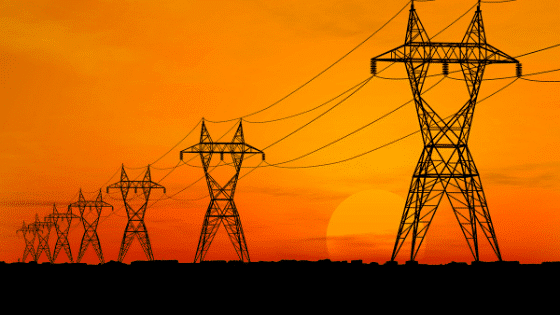Revenue from levies on electricity users is most likely to constitute State resources. Public service obligations can be transferred from one electricity-generating company to another. Compensation for public service obligations may distinguish between controllable and uncontrollable costs. Performance benchmarking can be used as a means for inducing efficiency. Electricity levies may not directly or indirectly discriminate against imported electricity. Introduction This is a […]
State Aid Law
Blog
State Aid Uncovered Blog
In Lexxion’s State Aid Uncovered blog, Prof. Phedon Nicolaides publishes weekly critical analyses of recent State aid judgments and decisions. Each post presents the key points of a court judgment or EU Commission decision, places it in the context of similar case law or practice, assesses the underlying reasoning and highlights any inconsistencies or contradictions.
Guest contributions from other State aid experts will also be published on the blog at irregular intervals to complement the content of the blog posts.
- CER ×
22. July 2014 |
State Aid Uncovered
by Phedon Nicolaides
Revenue from levies on electricity users is most likely to constitute State resources. Public service obligations can be transferred from one electricity-generating company to another. Compensation for public service obligations may distinguish between controllable and uncontrollable costs. Performance benchmarking can be used as a means for inducing efficiency. Electricity levies may not directly or indirectly discriminate against imported electricity. Introduction This is a […]
- CER ×
22. July 2014 |
State Aid Uncovered
by Phedon Nicolaides
Revenue from levies on electricity users is most likely to constitute State resources. Public service obligations can be transferred from one electricity-generating company to another. Compensation for public service obligations may distinguish between controllable and uncontrollable costs. Performance benchmarking can be used as a means for inducing efficiency. Electricity levies may not directly or indirectly discriminate against imported electricity. Introduction This is a […]




